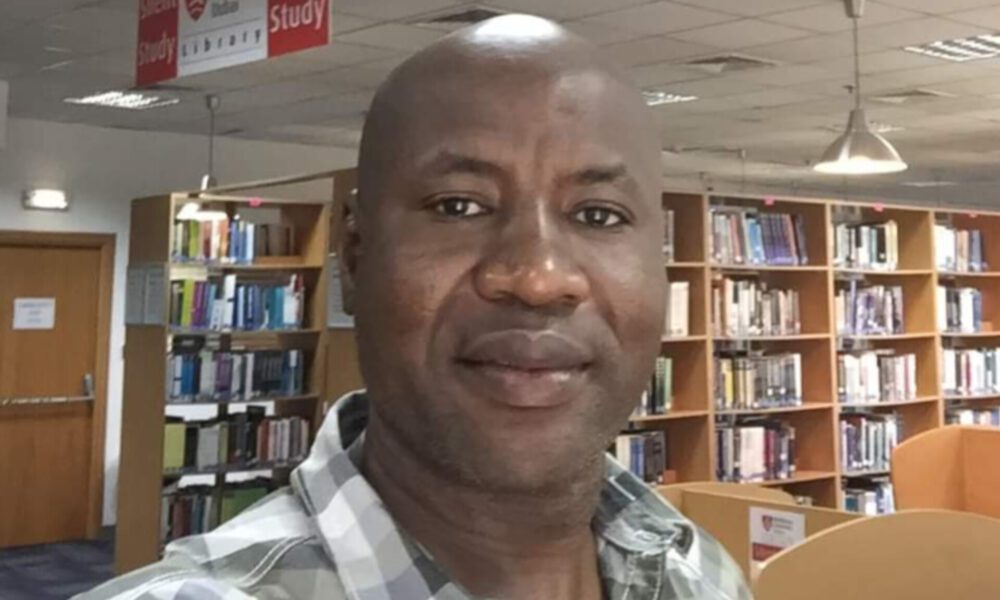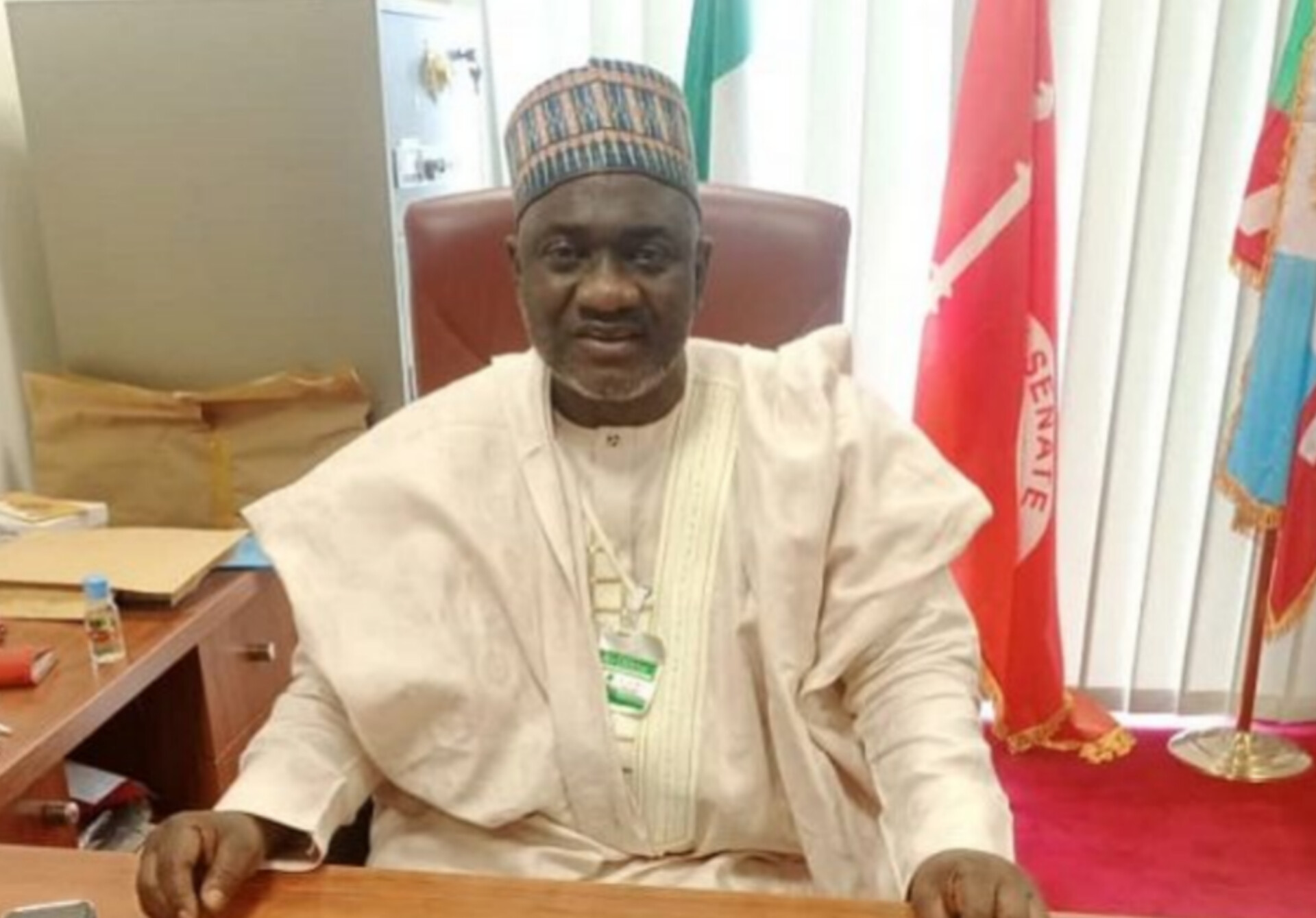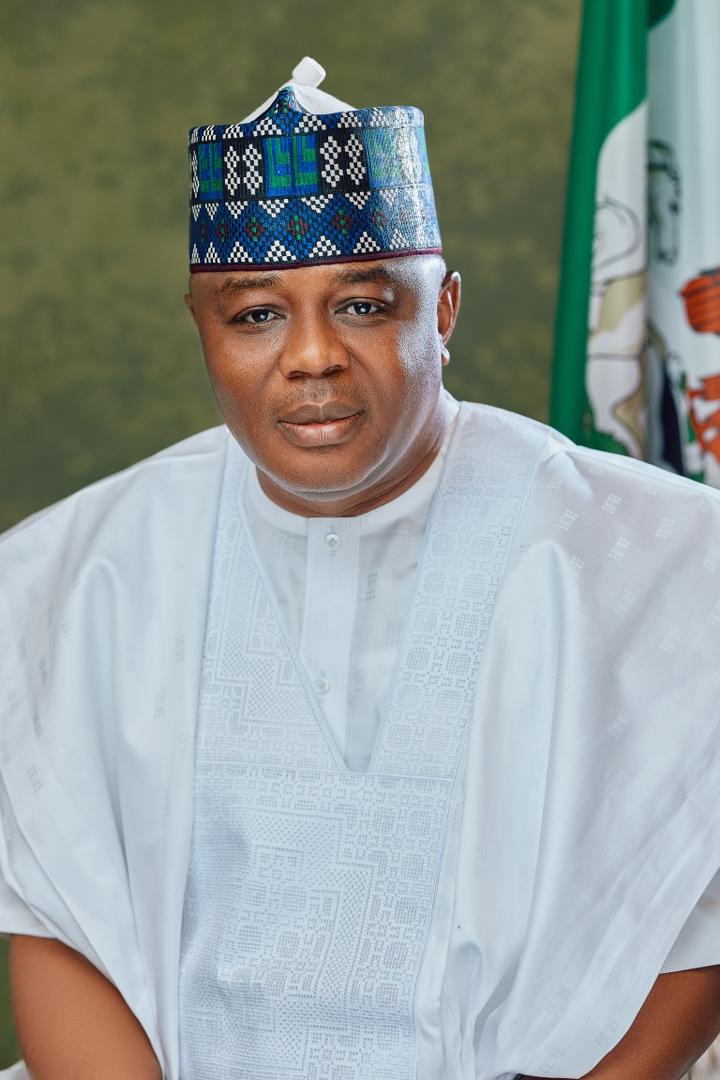By Maliki Salaudeen
“There is no art to find the mind’s construction in the face”…. Shakespeare.
On the face value, many looks could be deceptive. If not, Adamawans would have seen through Wafari Theman, the former All Progressives Congress (APC’s) State Secretary who crashed out of last year’s Governorship primaries of his party. Even before losing the bid to clinch that ticket to fly his former party’s flag in that contest, the guy has been playing games of deceit with several people he had cause to interact businesses with them. If you say, this guy has a natural inborn penchant for deceit, you won’t be wrong. In fact, this is seemingly his second name.
Few of these recorded incidences in my jotter are: an alleged case of double -crossing a female business partner(wife of a retired General who died recently) in a (P & G) business worth over #12million which was entered into between the duo over one decade ago to be precise in 2011/ 2012.
According to sources close to those who were in the know of that transaction, the said money involved which belonged to the deceased woman, could neither be refunded to the deceased woman before her passing, nor was it refunded to her survivors even after her demise. Its as bad as that according to our sources.
There is also a reported case of an attempt to withhold payment of an annual rent amounting to one million, three hundred thousand (#1.3m) naira on a property he rented a few years ago at Utako area, on plot number 492 T.O.S Benson crescent, which belongs to a deceased retired Army Colonel in Abuja’.. According to reliable sources in connection with the aforementioned property, Wafari Theman initially refused to settle the agreed annual rent, plus a three hundred (#300,000) service charge until he was summoned by survving children of the deceased retired Colonel, to the house of a retired General, bosom friend to the deceased who was reported to intervene on behalf of the children of the deceased owner of the property in reference.
According to my findings, while he was compelled by the General to pay for the annual he owed on that property in Utako, he tacitly failed to pay the accumulated #300,000 service charge in respect of the said house up till date, making it (a bad debt) for that matter.

As if those ugly incidences are not enough failed promises made by this guy, yours sincerely also got it from good authorities, that he even failed to pay some of his domestic staff including his driver, their accumulated monthly salaries amounting to hundreds of thousands of naira , which he owes them to date. It seems Mr Theman is a known notorious( mai kin biyan basusukan jama’a) . Tuffiakwa!
Another pending case of unpaid debt is the money owed one of our senior colleagues whom he engaged to do an image laundering write up in readiness for his 2027 Adamawa governorship ambition. While some friends and allies of Mr Theman had tried to make peace between him and our colleague so he could see reason and settle the #500,000 owed the journalist already accomplished and handed over to him since 1st week of July 2024, to save his battered image, he had rebuffed all of these entreaties to see reason to save his ever diminishing reputation and image. He has Instead been deceiving them that he will settle the outstanding sum of five hundred (#500,000) naira agreed for the job.
This is not forgetting the pledges he had made severally in the past at different fora in churches and community associations both in Adamawa and Abuja running into millions of naira. All these botched pledges made and left unfulfilled to say the least, are unbecoming of anybody dreaming to lead a people, most especially after attempting to lauder his battered image through the beautiful job done for him by our colleague. I have seen a copy of the completed job, which really will go a long way to improve his self-destructive rating.
To cap it all, and more succinctly too, Wafari Theman does not look like the typical politician worth his supposed calling. If his friends and relatives had never told him, the truth is that his integrity/personality is at stake. On all fronts he is deficient in integrity and transparency.
Drab and dry, he carries himself like a deceitful character who ordinarily should be squirmed at by any discerning human beings. Yet, the morality bankrupt so called politician wants to switch job to govern the people? I shudder!
Anybody who possesses a reputation for doubt speak, no matter how highly placed will always anytime have a severe consequence which include but not limited to:
Erosion of trust. People will always lose faith in him as an individual. He will also have credibility damage. His words and actions become unreliable, making it challenging to build alliances and negotiate anything with him. His notoriety for double speak could lead to conflicting decision making to himself, and others he may engage in any kind of business transactions with.
There is no gainsaying, anybody with these kind of behaviours will always stand the risk of losing supporters in anything he ventures into, as he is deficit in clear principles, values and trust.
From my research findings, Wafari Theman unfortunately possesses most, if not all of these grim attributes.
Having a notoriety for moral bankruptcy tantamounts to loss of respect that leads one to a permanent end of irreparable damage.
The fact remains: anybody associated with a history of withholding payment of debts, inability to comply with contractual and or agreements should not be taken serious in anything he chooses to do with others. Action and inactions of this nature can lead to legal repercussions, breach of contract, lawsuits, damage to credit score, and legal penalties.
On top of all these, one may loose business partnerships, reluctance from businesses with individuals and organisations.
It is against this background, that people should always be circumspect with this kind
of characters in their midst, not to entrust in them responsibilities that they cannot handle, or else they end up losing out just like the nasty experiences others had encountered with him in the past. As yours sincerely unearthes more of these facts to serve you in the subsequent episodes, stay safe and be watchful so you won’t be his next victim.
Ignore this wise counsel at your own peril!
Maliki Salaudeen, a public affairs commentator writes from Lokoja, Kogi state.




